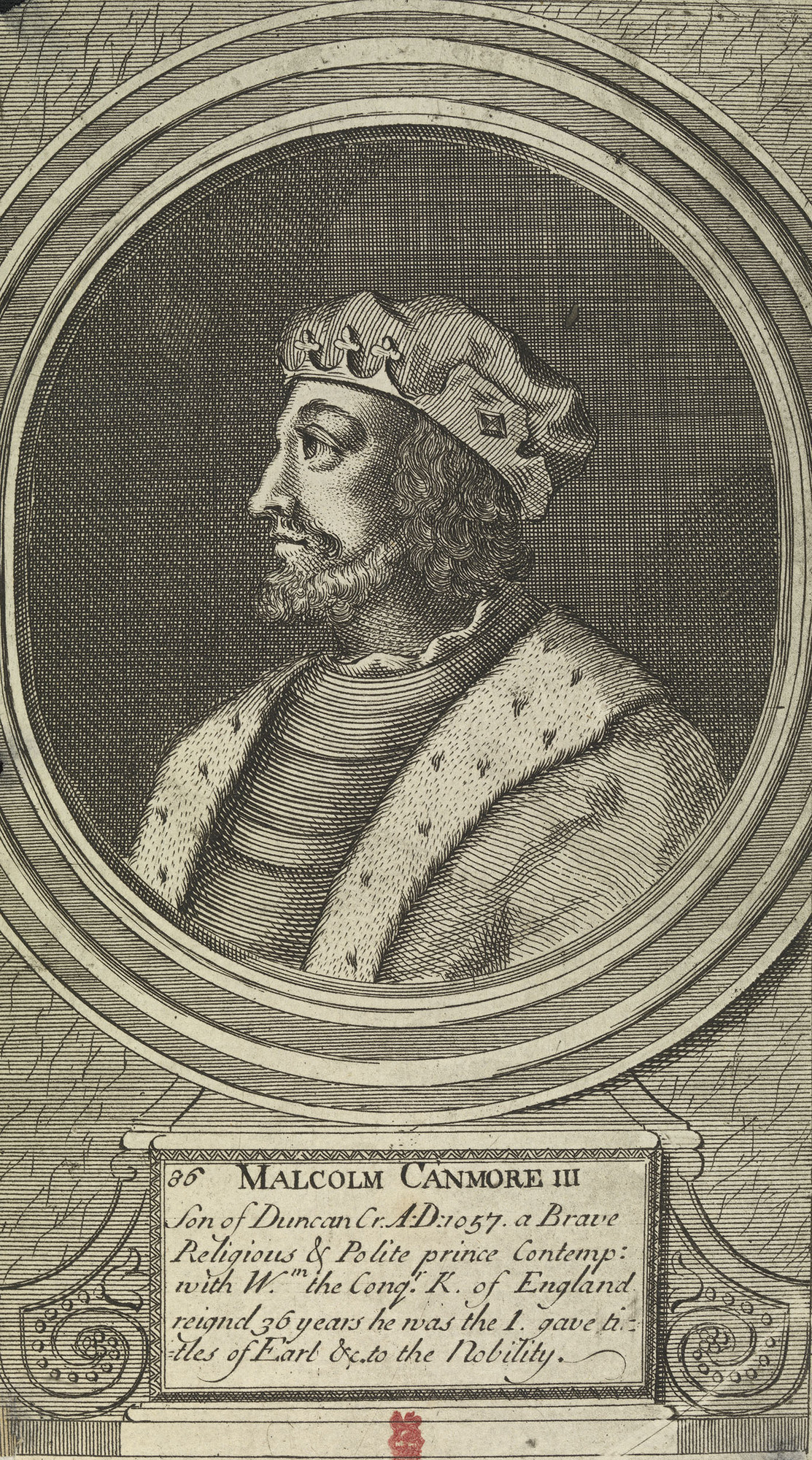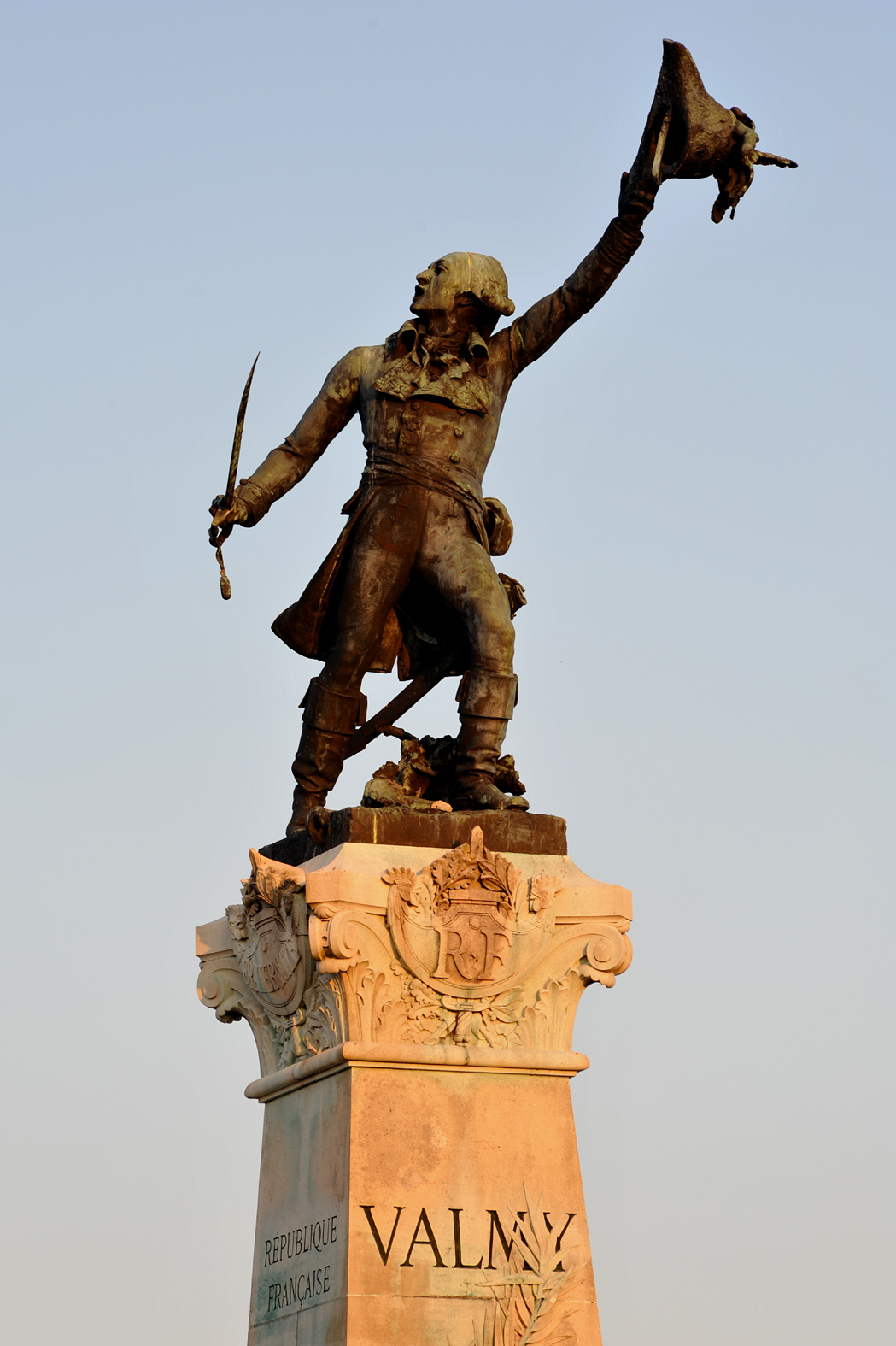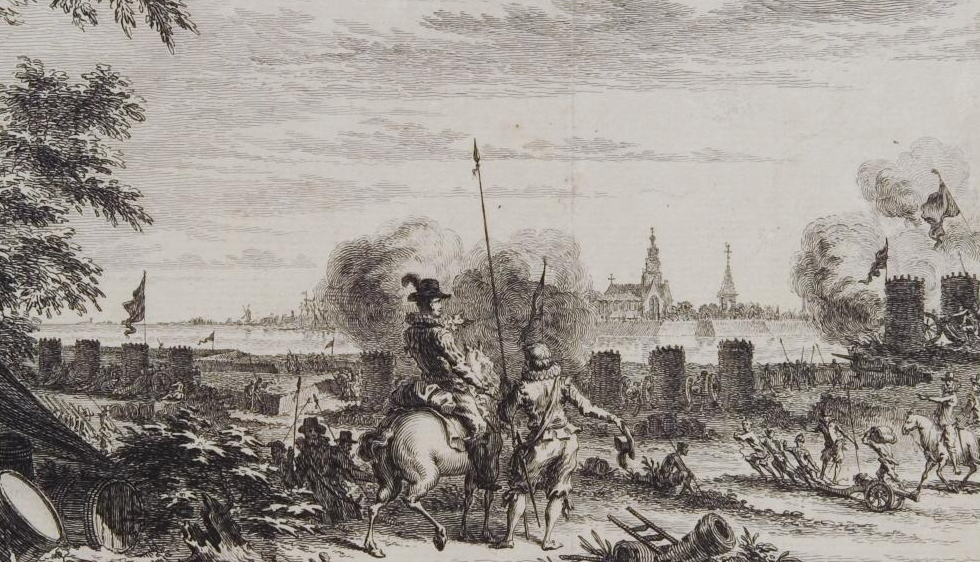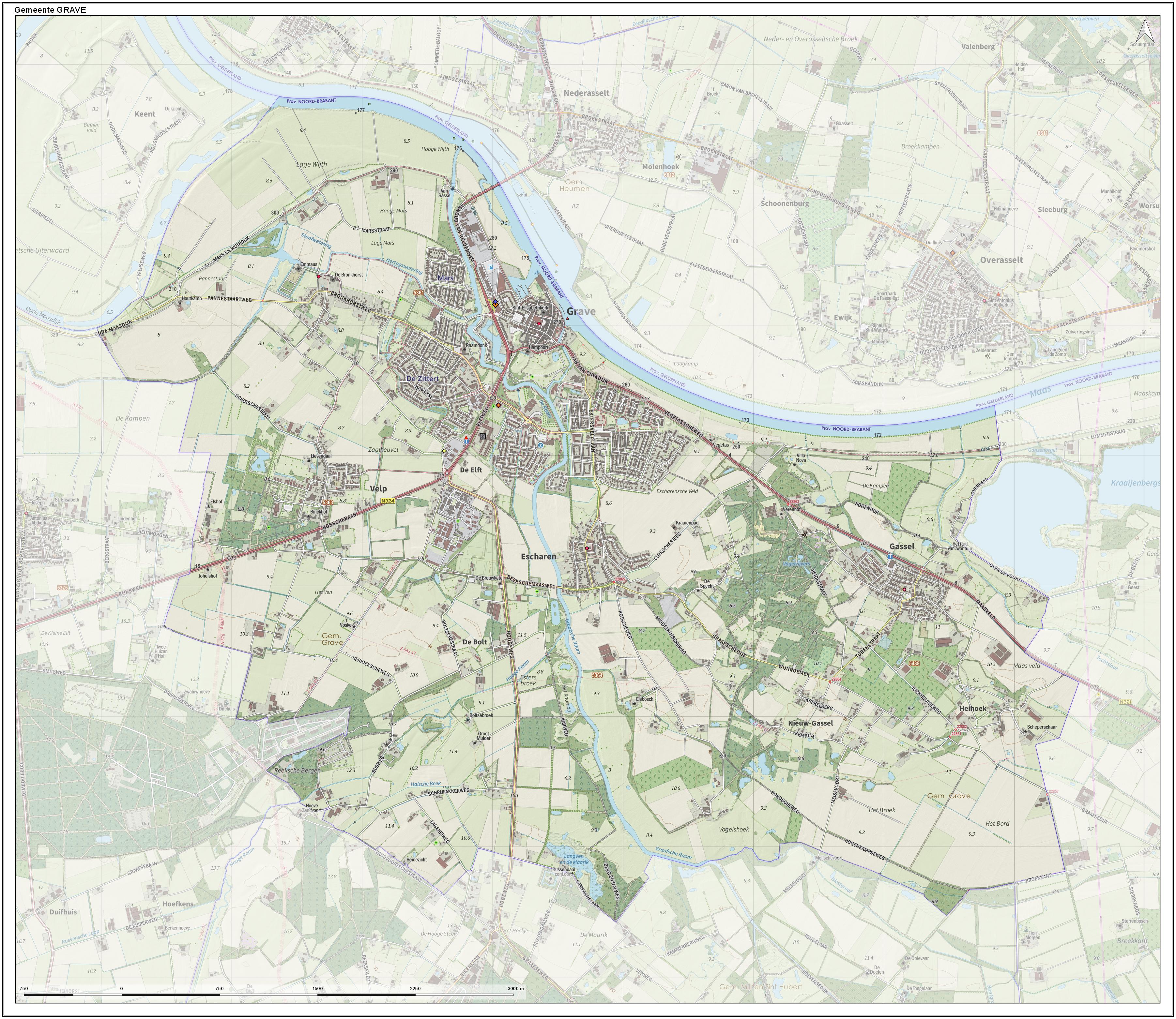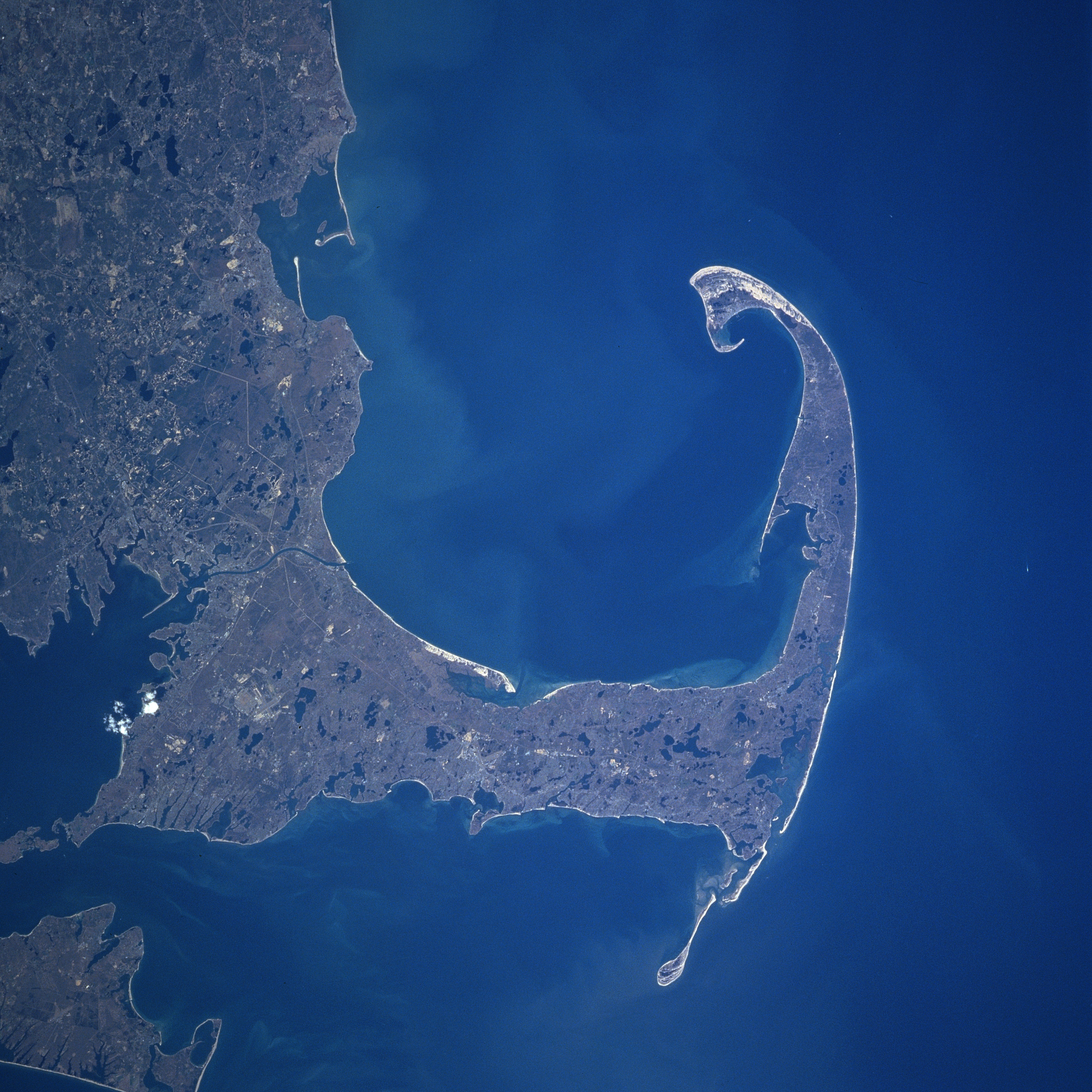|
20 September
Events Pre-1600 * 1058 – Agnes of Poitou and Andrew I of Hungary meet to negotiate about the border territory of Burgenland. *1066 – At the Battle of Fulford, Harald Hardrada defeats earls Morcar and Edwin. * 1187 – Saladin begins the Siege of Jerusalem. * 1260 – The Great Prussian Uprising among the old Prussians begins against the Teutonic Knights. *1378 – Cardinal Robert of Geneva is elected as Pope Clement VII, beginning the Papal schism. * 1498 – The Nankai tsunami washes away the building housing the Great Buddha at Kōtoku-in; it has been located outside ever since. *1519 – Ferdinand Magellan sets sail from Sanlúcar de Barrameda with about 270 men on his expedition which ultimately culminates in the first circumnavigation of the globe. * 1586 – A number of conspirators in the Babington Plot are hanged, drawn and quartered. 1601–1900 *1602 – The Spanish-held Dutch town of Grave capitulates to a besieging Dutch ... [...More Info...] [...Related Items...] OR: [Wikipedia] [Google] [Baidu] |
1058
Year 1058 ( MLVIII) was a common year starting on Thursday (link will display the full calendar) of the Julian calendar. Events By place Europe * March 17 – King Lulach (the Unfortunate) of Scotland is killed in battle at Lumphanan against his cousin and rival Malcolm III (Canmore) who becomes "king of the Scots". * September 20 – Empress Agnes de Poitou and King Andrew I (the White) of Hungary meet to negotiate about the border zone in Burgenland (modern Austria). * The 4-year-old Judith of Swabia, the youngest daughter of the late Emperor Henry III (the Black), is engaged to Prince Solomon of Hungary at Regensburg. * Norman conquest of southern Italy: Norman forces under Richard Drengot besiege and capture Capua. He takes the princely title from Prince Landulf VIII. * Bolesław II (the Generous), the eldest son of Casimir I (the Restorer), succeeds his father after his death in Poznań. He becomes duke of Poland. Africa * The Almoravids conq ... [...More Info...] [...Related Items...] OR: [Wikipedia] [Google] [Baidu] |
1519
__NOTOC__ Year 1519 ( MDXIX) was a common year starting on Saturday (link will display the full calendar) of the Julian calendar, the 1519th year of the Common Era (CE) and ''Anno Domini'' (AD) designations, the 519th year of the 2nd millennium, the 19th year of the 16th century, and the 10th and last year of the 1510s decade. Events January–June * January 1 – Ulrich Zwingli preaches for the first time, as people's priest of the Great Minister in Zürich. * March 4 – Hernán Cortés and his conquistadores land in Mexico. * April 21 (Maundy Thursday) – Hernán Cortés reaches San Juan de Ulúa; next day (Good Friday) he sets foot on the beach of modern-day Veracruz. * May 2 – 67-year-old Leonardo da Vinci dies. * June 28 – Charles I of Spain becomes Charles V, Holy Roman Emperor (rules until 1556). July–December * July 4 – Martin Luther joins the debate regarding papal authority, against Johann Eck at Leipzig. * July 10 &n ... [...More Info...] [...Related Items...] OR: [Wikipedia] [Google] [Baidu] |
Battle Of Valmy
The Battle of Valmy, also known as the Cannonade of Valmy, was the first major victory by the army of France during the Revolutionary Wars that followed the French Revolution. The battle took place on 20 September 1792 as Prussian troops commanded by the Duke of Brunswick attempted to march on Paris. Generals François Kellermann and Charles Dumouriez stopped the advance near the northern village of Valmy in Champagne-Ardenne. In this early part of the Revolutionary Wars—known as the War of the First Coalition—the new French government was in almost every way unproven, and thus the small, localized victory at Valmy became a huge psychological victory for the Revolution at large. The outcome was thoroughly unexpected by contemporary observers—a vindication for the French revolutionaries and a stunning defeat for the vaunted Prussian army. The victory emboldened the newly assembled National Convention to formally declare the end of monarchy in France and to establish th ... [...More Info...] [...Related Items...] OR: [Wikipedia] [Google] [Baidu] |
1792
Events January–March * January 9 – The Treaty of Jassy ends the Russian Empire's war with the Ottoman Empire over Crimea. * February 18 – Thomas Holcroft produces the comedy '' The Road to Ruin'' in London. * February 20 ** The Postal Service Act, establishing the United States Post Office Department, is signed by President George Washington.''Harper's Encyclopaedia of United States History from 458 A. D. to 1909'', ed. by Benson John Lossing and, Woodrow Wilson (Harper & Brothers, 1910) p169 ** Parliament House, Dublin catches fire during a legislative session. "Although in imminent danger of the roof falling in," it is noted later, "the House did not adjourn until a proper motion had been put and carried in the affirmative.""Fires, Great", in ''The Insurance Cyclopeadia: Being an Historical Treasury of Events and Circumstances Connected with the Origin and Progress of Insurance'', Cornelius Walford, ed. (C. and E. Layton, 1876) pp62. * March 1 &ndash ... [...More Info...] [...Related Items...] OR: [Wikipedia] [Google] [Baidu] |
Walking Purchase
The Walking Purchase (or Walking Treaty) was a 1737 agreement between the Penn family, the original proprietors of the Province of Pennsylvania, later the Commonwealth of Pennsylvania, and the Lenape native Indians (also known as the Delaware Indians). In the purchase, the Penn family and proprietors claimed a 1686 treaty with the Lenape ceded an area of 1,200,000 acres (4,860 km2) along the northern reaches of the Delaware River at the northeastern boundary between the Province of Pennsylvania and the West New Jersey area, east of the Province of New Jersey, and forced the Lenape to vacate it. ''Encyclopædia Britannica'' refers to the treaty as a "land swindle". The Lenape appealed to the Iroquois Indian tribe to their north for aid on the issue, but the Iroquois refused their request, ultimately siding with the Penn interests. A legal suit was filed almost 300-years later over the continuing dispute. In the court case '' Delaware Nation v. Pennsylvania'' (2004), the Del ... [...More Info...] [...Related Items...] OR: [Wikipedia] [Google] [Baidu] |
1737
Events January–March * January 5 – Spain and the Holy Roman Empire sign instruments of cession at Pontremoli in the Grand Duchy of Tuscany in Italy, with the Empire receiving control of Tuscany and the Grand Duchy of Parma and Piacenza, in return for Don Carlos of Spain being recognized as King of Naples and King of Sicily. * January 9 – The Empires of Austria and Russia enter into a secret military alliance that leads to Austria's disastrous entry into the Russo-Turkish War. * January 18 – In Manila, a peace treaty is signed between Spain's Governor-General of the Philippines, Fernándo Valdés y Tamon, and the Sultan Azim ud-Din I of Sulu, recognizing Azim's authority over the islands of the Sulu Archipelago. * February 20 – France's Foreign Minister, Germain Louis Chauvelin, is dismissed by King Louis XV's Chief Minister, Cardinal André-Hercule de Fleury * February 27 – French scientists Henri-Louis Duhamel du Monceau and Ge ... [...More Info...] [...Related Items...] OR: [Wikipedia] [Google] [Baidu] |
Treaty Of Ryswick
The Peace of Ryswick, or Rijswijk, was a series of treaties signed in the Dutch city of Rijswijk between 20 September and 30 October 1697. They ended the 1688 to 1697 Nine Years' War between France and the Grand Alliance, which included England, Spain, Austria, and the Dutch Republic. One of a series of wars fought by Louis XIV of France between 1666 to 1714, neither side was able to make significant territorial gains. By 1695, the huge financial costs, coupled with widespread famine and economic dislocation, meant both sides needed peace. Negotiations were delayed by the question of who would inherit the Spanish Empire from the childless and terminally ill Charles II of Spain, the closest heirs being Louis and Emperor Leopold I. Since Louis could not impose his preferred solution, he refused to discuss the issue, while Leopold refused to sign without its inclusion. He finally did so with great reluctance on 30 October 1697, but the Peace was generally viewed as a truce; Charles' ... [...More Info...] [...Related Items...] OR: [Wikipedia] [Google] [Baidu] |
1697
Events January–March * January 8 – Thomas Aikenhead is hanged outside Edinburgh, becoming the last person in Great Britain to be executed for blasphemy. * January 11 – French writer Charles Perrault releases the book ''Histoires ou contes du temps passé'' (literally "Tales of Past Times", known in England as "Mother Goose tales") in Paris, a collection of popular fairy tales, including ''Cinderella'', ''Puss in Boots'', ''Red Riding Hood'', ''The Sleeping Beauty'' and ''Bluebeard''. * February 8 – The English infantry regiment of Arthur Chichester, 3rd Earl of Donegall is disbanded four years after it was first raised. * February 22 – Gerrit de Heere becomes the new Governor of Dutch Ceylon, succeeding Thomas van Rhee and administering the colony for almost six years until his death. * February 26 – Conquistador Martín de Ursúa y Arizmendi and 114 soldiers arrive at Lake Petén Itzá in what is now Guatemala and begin the Spanish conquest of Guatemala with a ... [...More Info...] [...Related Items...] OR: [Wikipedia] [Google] [Baidu] |
Maurice Of Orange
Maurice of Orange ( nl, Maurits van Oranje; 14 November 1567 – 23 April 1625) was ''stadtholder'' of all the provinces of the Dutch Republic except for Friesland from 1585 at the earliest until his death in 1625. Before he became Prince of Orange upon the death of his eldest half-brother Philip William in 1618, he was known as Maurice of Nassau. Maurice spent his youth in Dillenburg in Nassau, and studied in Heidelberg and Leiden. He succeeded his father William the Silent as stadtholder of Holland and Zeeland in 1585, and became stadtholder of Utrecht, Guelders and Overijssel in 1590, and of Groningen in 1620. As Captain-General and Admiral of the Union, Maurice organized the Dutch rebellion against Spain into a coherent, successful revolt and won fame as a military strategist. Under his leadership and in cooperation with the Land's Advocate of Holland Johan van Oldenbarnevelt, the Dutch States Army achieved many victories and drove the Spaniards out of the north and ea ... [...More Info...] [...Related Items...] OR: [Wikipedia] [Google] [Baidu] |
Siege Of Grave (1602)
The siege of Grave was a siege that took place between 18 July to 20 September 1602, as part of the Eighty Years' War and the Anglo–Spanish War. The Spanish-held city of Grave was besieged by a Dutch and English army led by Maurice of Orange and Francis Vere respectively.Markham pp. 338–339 After a siege of nearly two months the city surrendered when a Spanish relief army under Francisco de Mendoza was defeated just outside the city by the besiegers.Wernham pp. 411–412Dalton pp. 93–97 The defeat was severe enough to cause a major mutiny in the Spanish army.Duerloo p. 130 Background Prince Maurice of Orange had been actively campaigning against the Spanish armies in the Southern Netherlands and had successfully made sure that Ostend then under siege by Albert of Austria would be a key distraction while he took the rest of the Spanish garrisons that were still in the Republic.Borman pp. 230–232 Maurice in his first objective successfully besieged and took Rheinberg, ... [...More Info...] [...Related Items...] OR: [Wikipedia] [Google] [Baidu] |
Grave, Netherlands
Grave (; formerly ''De Graaf'') is a city and former municipality in the Dutch province of North Brabant. The former municipality had a population of in . Grave is a member of the Dutch Association of Fortified Cities. The former municipality included the following towns : Grave (capital), Velp, Escharen and Gassel. Grave, Boxmeer, Cuijk, Mill en Sint Hubert, and Sint Anthonis merged into the new municipality of Land van Cuijk on 1 January 2022. History Grave received city rights in 1233. The former municipality of Grave was formed in the Napoleonic era (1810) and coincided with the fortified Grave and immediate surroundings. The history of the town was thus linked to that of the place. This changed in 1942. Then there was a reclassification place where the municipality Grave was expanded with the previously independent municipalities Velp and Escharen. Moreover, in 1994 the neighboring municipality of Beers was abolished and a part thereof, the parish Gassel, wa ... [...More Info...] [...Related Items...] OR: [Wikipedia] [Google] [Baidu] |
1602
Events January–June * January 3 – Battle of Kinsale: The English defeat Irish rebels and their Spanish allies. (The battle happens on this date according to the Gregorian calendar used by the Irish and Spanish but on Thursday, 24 December, 1601 according to the old Julian calendar used by the English.) * February 2 ( Candlemas night) – First known production of William Shakespeare's comedy ''Twelfth Night'', in London. * March 20 – The United East India Company is established by the United Provinces States-General in Amsterdam, with the stated intention of capturing the spice trade from the Portuguese. * April 20 – The Danish–Icelandic Trade Monopoly is established by the Danish Monarch, in light of recently implemented absolutism. * May 15 – English explorer Bartholomew Gosnold, sailing in the ''Concord'', becomes the first European at Cape Cod. * June – James Lancaster's East India Company fleet arrives at Achin (modern-day Aceh), Sumatra to deal wit ... [...More Info...] [...Related Items...] OR: [Wikipedia] [Google] [Baidu] |
